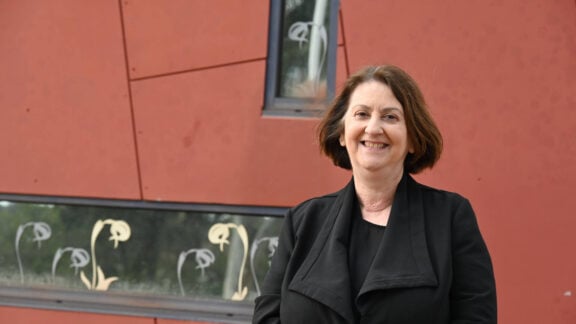The crime rate in crisis-hit Greece is continuing to rise, with police recording more than 10 robberies from Sunday evening to Monday morning in Attica alone.
In the early hours of Monday police arrested two Roma men, aged 17 and 18, in Ano Liosia, northwestern Athens, who robbed a 78-year-old woman in her house, with the assistance of two more youngsters who remain at large.
They threatened her with a knife before taking flight with cash and jewelry. At Menidi in northern Athens, a man entered a flower shop on Sunday evening and stabbed the owner in the hands before leaving with an unidentified amount in cash. Three men broke into a house in Koropi, eastern Attica, late on Sunday and robbed a 62-year-old man of 3,000 euros in cash and a computer at knifepoint.
At Artemida, also in eastern Attica, two men broke into the house of a 79-year-old woman through the window and, after attacking her, stole a gold chain at 3.30 on Monday morning. Three other men rang the doorbell of a 79-year-old man at Varibombi, northern Attica, and threatened him with a handgun, but could only find a pair of golden earrings to take with them. Around midnight, two taxi drivers fell victim to the same pair of men at Nea Ionia, northwestern Athens, who threatened them with handguns and took their day’s collections.
Employees at the building of a foreign parcel-forwarding company were stunned to see two armed women threaten them with handguns on Sunday evening. They left with an unidentified amount of cash. At about 4 a.m. on Monday four hooded men threatened a gas station owner with handguns in Aegaleo, western Athens, and left with an unknown amount of cash in the vehicle of one of the gas station’s customers. Police reported two more robberies overnight, one at a patisserie in Peristeri, western Athens, and another at a kiosk in Kifissia, northern Athens. There was also a robbery reported on Crete, as a hooded man attacked a 47-year-old kiosk owner at Kato Gouves, near Iraklio, at 4 a.m. on Monday, and stole 5,000 euros and a cell phone.
Source: Kathimerini







